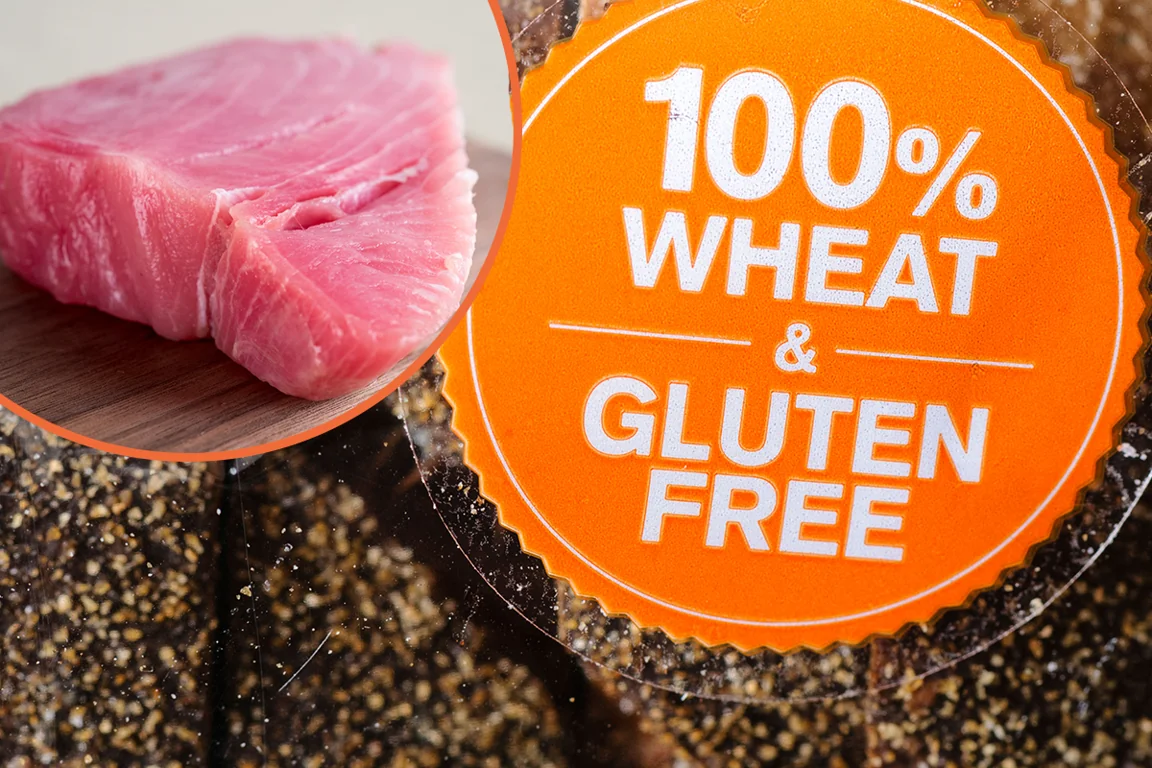Uncategorised
What does gluten free mean? 6 words on food labels you should never trust
22 Apr 2021
3m
If you’ve ever been left wondering “what does gluten-free mean?” you’re not alone.
Food is full of confusing terminology that can quickly turn a shopping expedition into an exam. Sometimes, we all wish we’d done some extra revision.
READ MORE: How can cooking benefit your mental health?
To make matters even more confusing, many of the labels on our food can be seriously misleading. With so much mystery, it can be difficult to know who to trust.
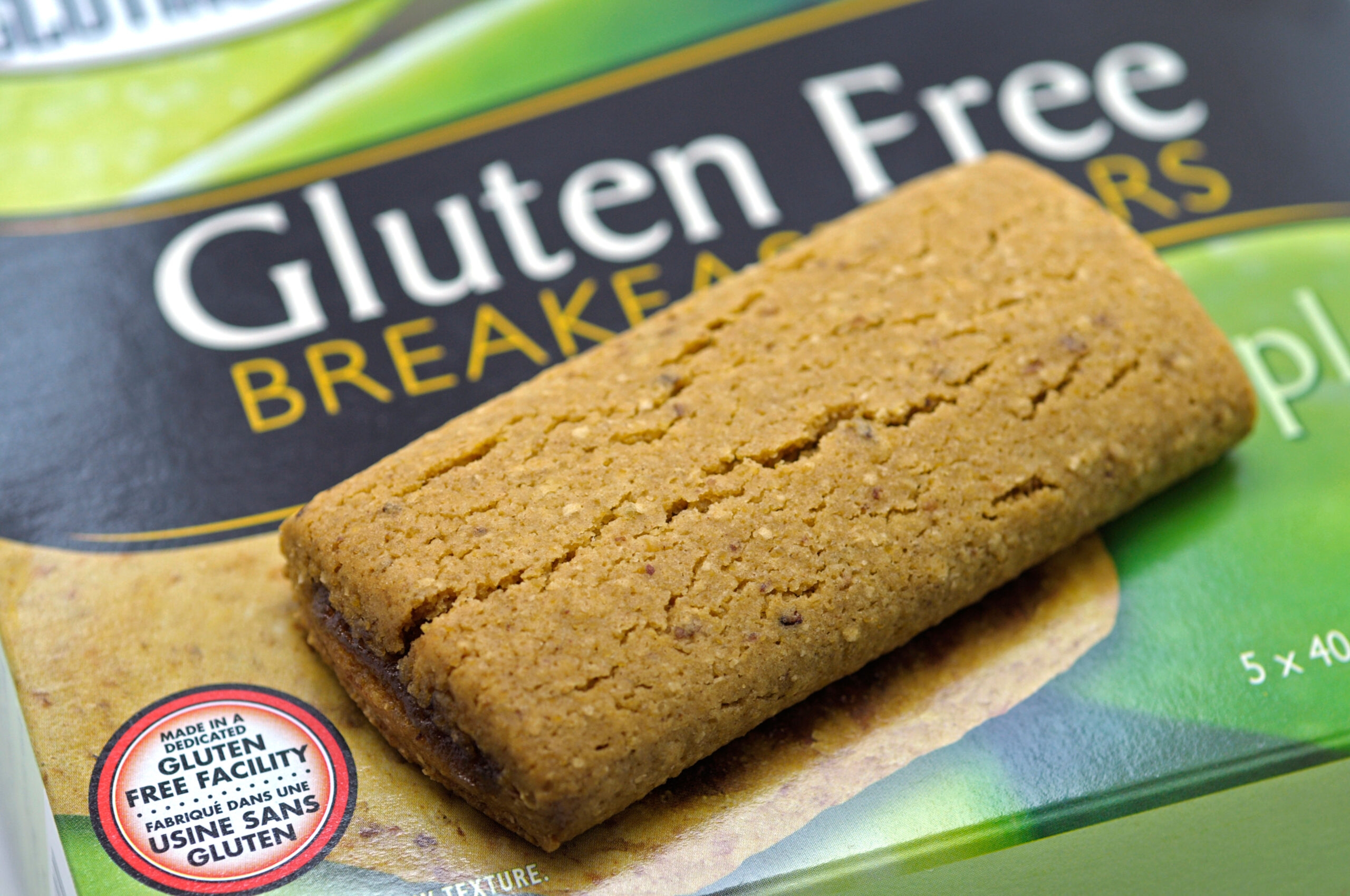 A gluten free label can actually be more complicated than you think (Credit: Alamy/Helen Sessions)
A gluten free label can actually be more complicated than you think (Credit: Alamy/Helen Sessions)
What does gluten free mean?
To help you keep an eye out for foodie fake news, we’ve prepared a list of some terms that you should keep an eye out for. While these aren’t always warning signs, it’s worth knowing that trusting them might lead to trouble.
Here are six words on food labels you should never trust.
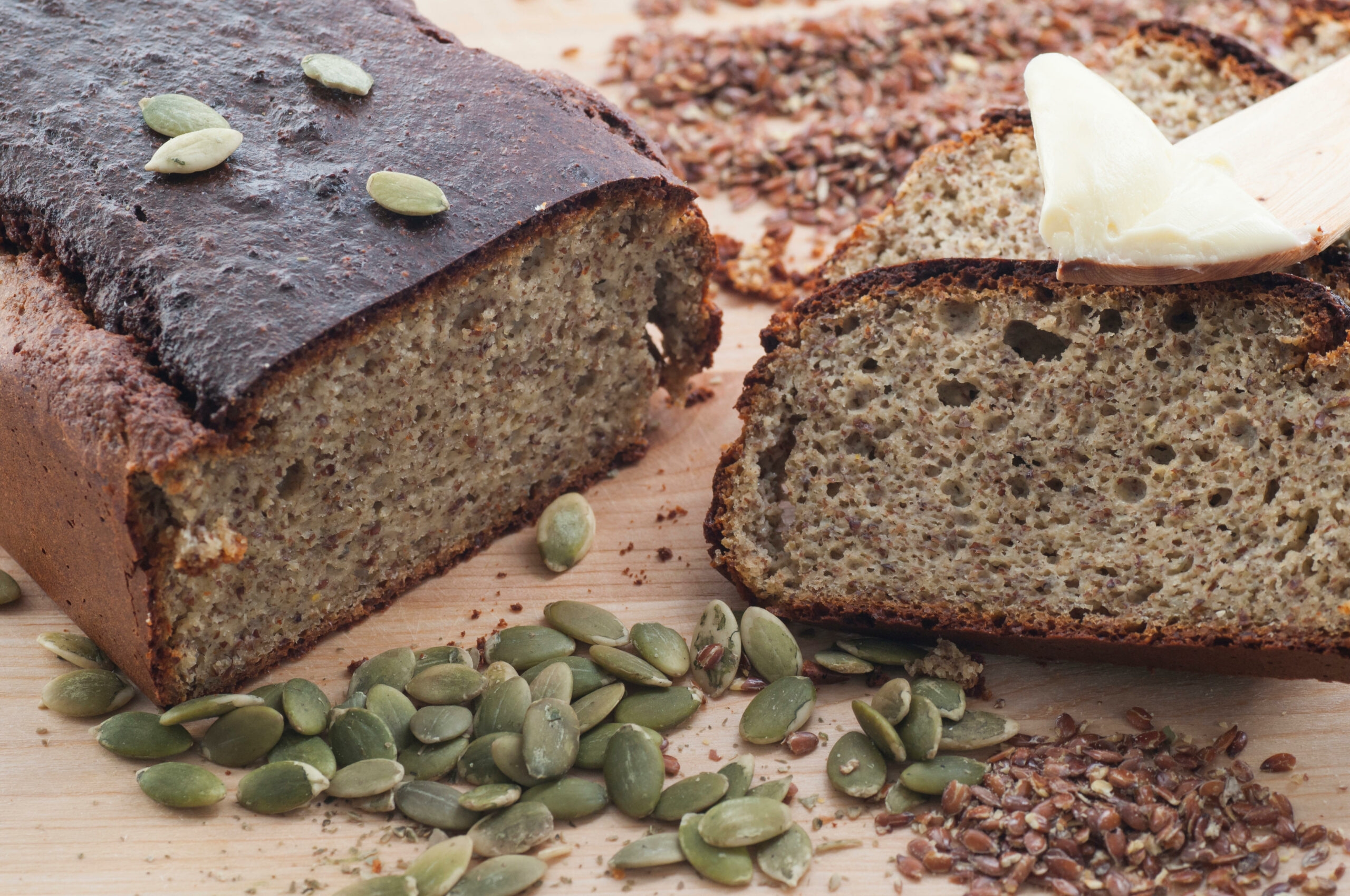 Gluten-free bread is a popular alternative (Credit: Alamy/Ockra)
Gluten-free bread is a popular alternative (Credit: Alamy/Ockra)
1. Gluten-Free
As anyone with coeliac disease will tell you, gluten is no joke. Given what can happen if gluten is ever accidentally ingested, it’s no wonder shoppers take it seriously.
The trouble is that many newly labelled, newly premium products never had any gluten in them to begin with, making some gluten-free labelling completely unnecessary and misleading. Small wonder many of us are left wondering what does gluten-free mean?
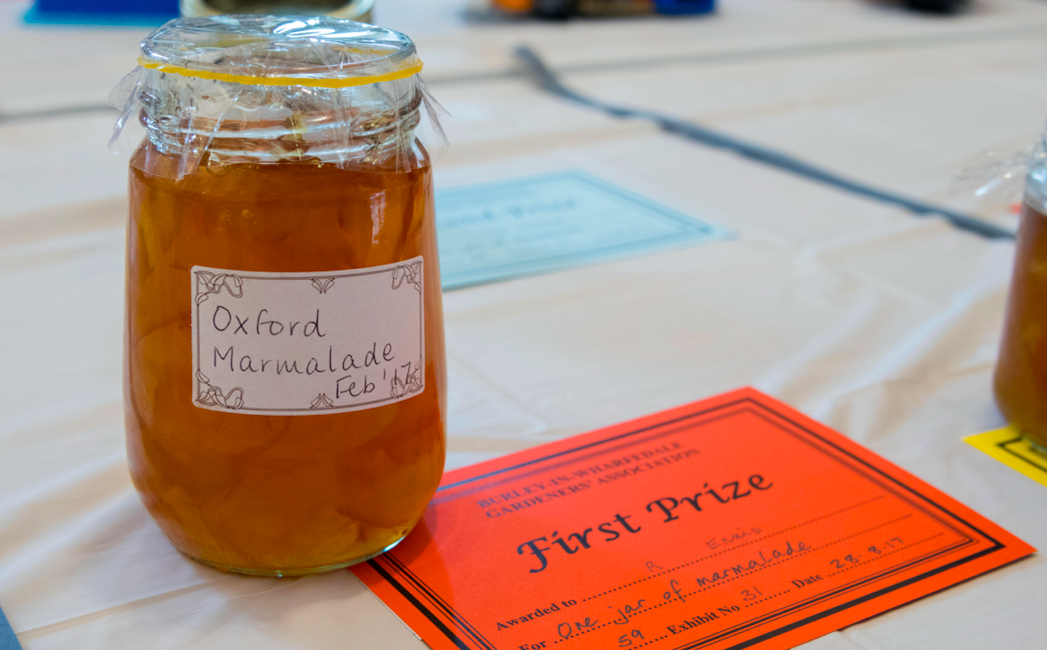 Some food awards are more reputable than others (Credit: Alamy/Ian Lamond)
Some food awards are more reputable than others (Credit: Alamy/Ian Lamond)
2. Award-Winning
Maybe it’s the child in us, but there’s something irresistible about a big gold sticker with a shiny cup in the centre. Despite the draw of a winning label, there are several instances where such an accolade actually means next to nothing.
A prime example is the wine industry. In some cases awarding bodies have been known to recognise as many as 10,000 “winners” in a single year.
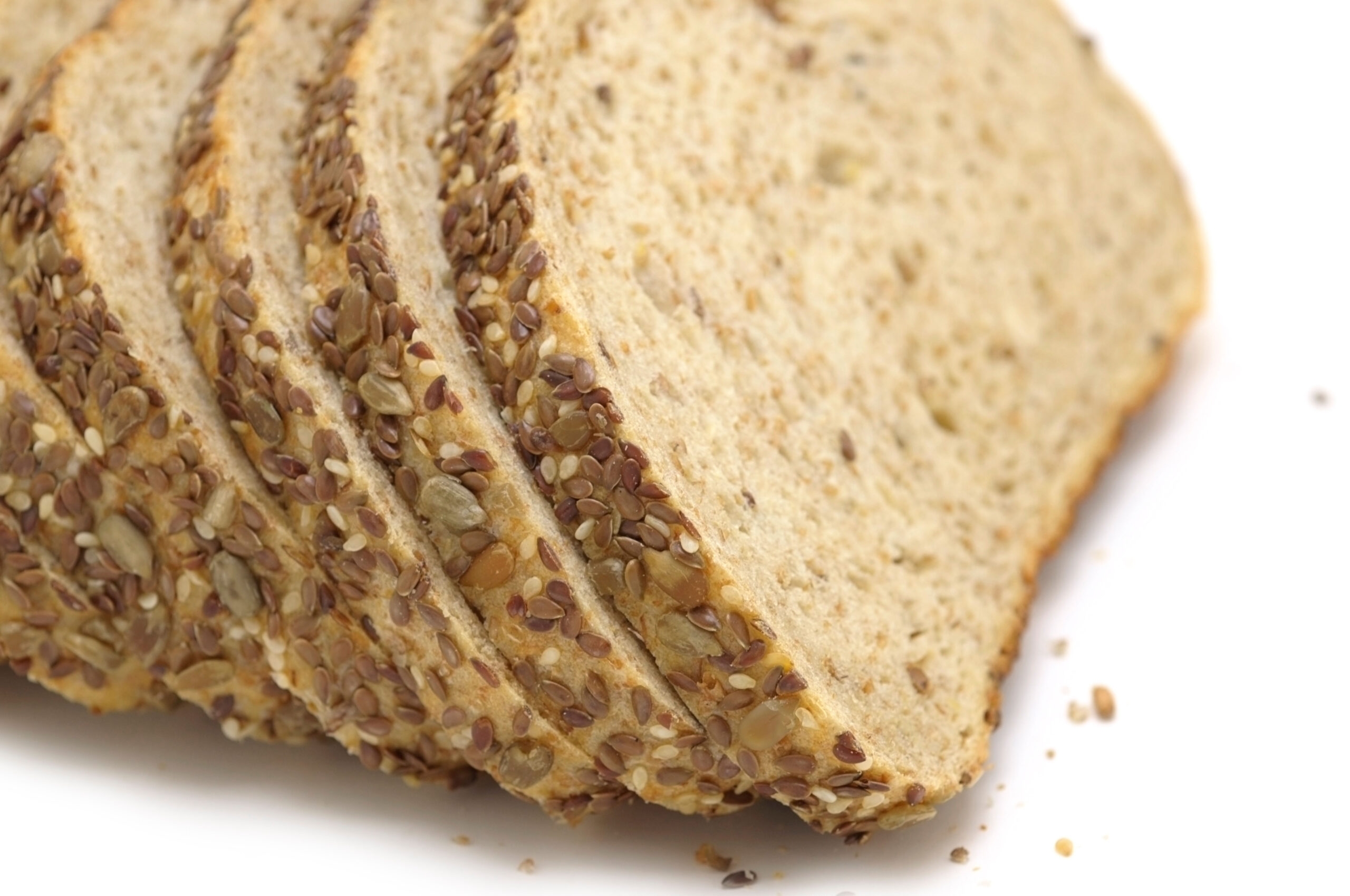 Mult-grain bread can sometimes be misleading (Credit: Alamy/Helen Sessions)
Mult-grain bread can sometimes be misleading (Credit: Alamy/Helen Sessions)
3. Multi-Grain Bread
We’ve all got used to the idea that grains are good. Therefore, it follows that the more grains you have, the healthier something will be. This has led to an arms race between suppliers to stuff as many grains into a product as possible.
Unfortunately, it’s not the number of grains that count, but their quality. Multi-grain is just empty marketing speak and doesn’t actually tell you anything about the nutritional value of what you’re eating.
Instead, consumers should look out for demonstrably healthier whole-grain products.
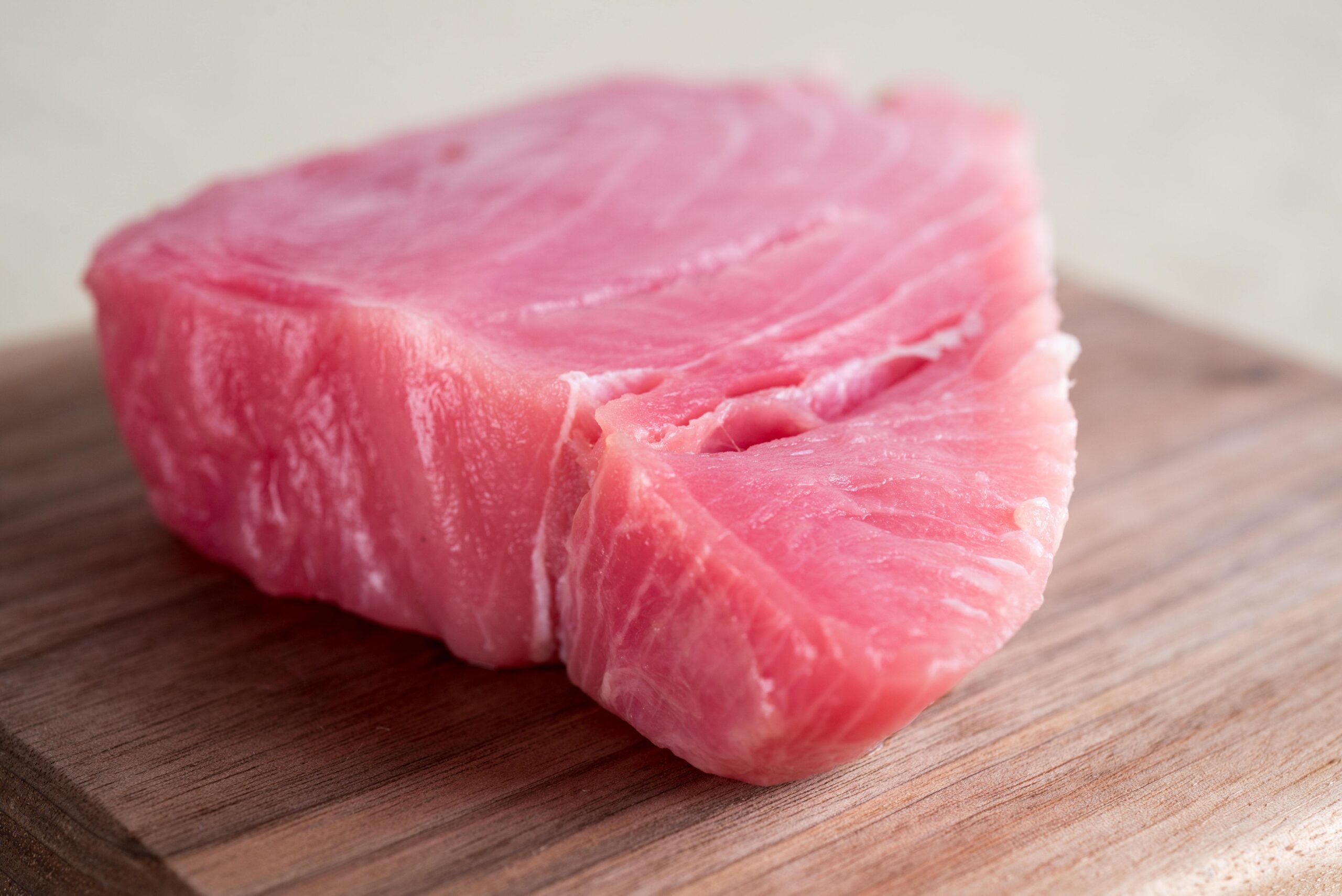 A sushi-grade label is entirely down to the discretion of the seller (Credit: Alamy/Panther Media GmbH)
A sushi-grade label is entirely down to the discretion of the seller (Credit: Alamy/Panther Media GmbH)
4. Sushi-Grade Fish
With a label like “sushi-grade”, the product surely has to be something special. In actual fact, there is no regulation that determines whether or not a fish can be used to make sushi, and it’s entirely down to the discretion of the supplier or seller.
You might end up with a prime piece of sea bass or a stomach full of parasites – just don’t rely on the label to tell you which.
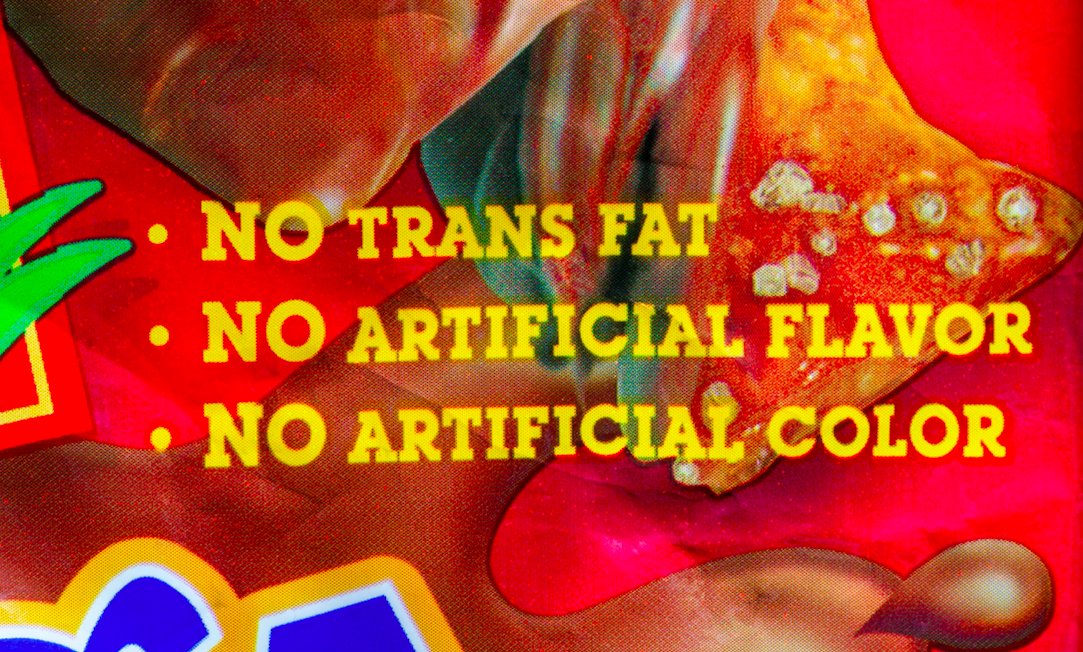 “No trans fat” might not necessarily mean no trans fat (Credit: Alamy/Carolyn Jenkins)
“No trans fat” might not necessarily mean no trans fat (Credit: Alamy/Carolyn Jenkins)
5. No Trans Fats
It’s human nature that as soon as someone tells you that there’s “definitely no X in this”, we automatically start searching for “X”. So it proves with trans fats.
In actual fact, USDA guidelines state that a product can be labelled as free from trans fats as long as it contains less than 0.5 grams per serving. Given that government nutrition guidelines suggest eating no more than 2 grams of trans fat per day, there may be as much as a quarter of your daily allowance in a supposedly “trans-fat-free” product.
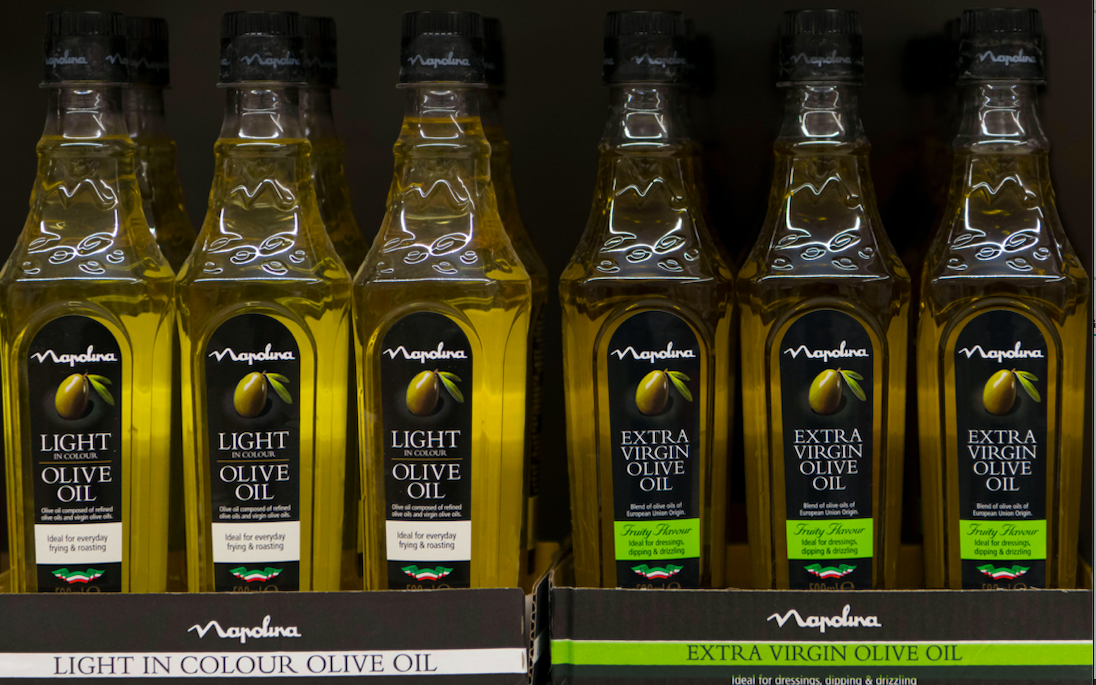 Light products aren’t always the healthier option (Credit: Alamy/Matthew Horwood)
Light products aren’t always the healthier option (Credit: Alamy/Matthew Horwood)
6. Light
Most people naturally assume that when they see “light” on a product that it contains less fat. In actual fact, the government guidelines over what light can and can’t mean vary on a product to product basis.
While there are certainly some “light” alternatives that legally have to be lower in fat, others might just include light as a reference to a different taste or colour. Unless you’re prepared to research, consumers really have very little way of knowing either way.
READ MORE: Is coffee bad for you?
It’s far more simple to take companies at face value and not think too carefully about what you’re buying. It certainly would make things easier if big business could be blindly trusted to get things right.
Alas, money often matters more than honesty. At least now you know to take a second glance at something that might seem too good to be true.
